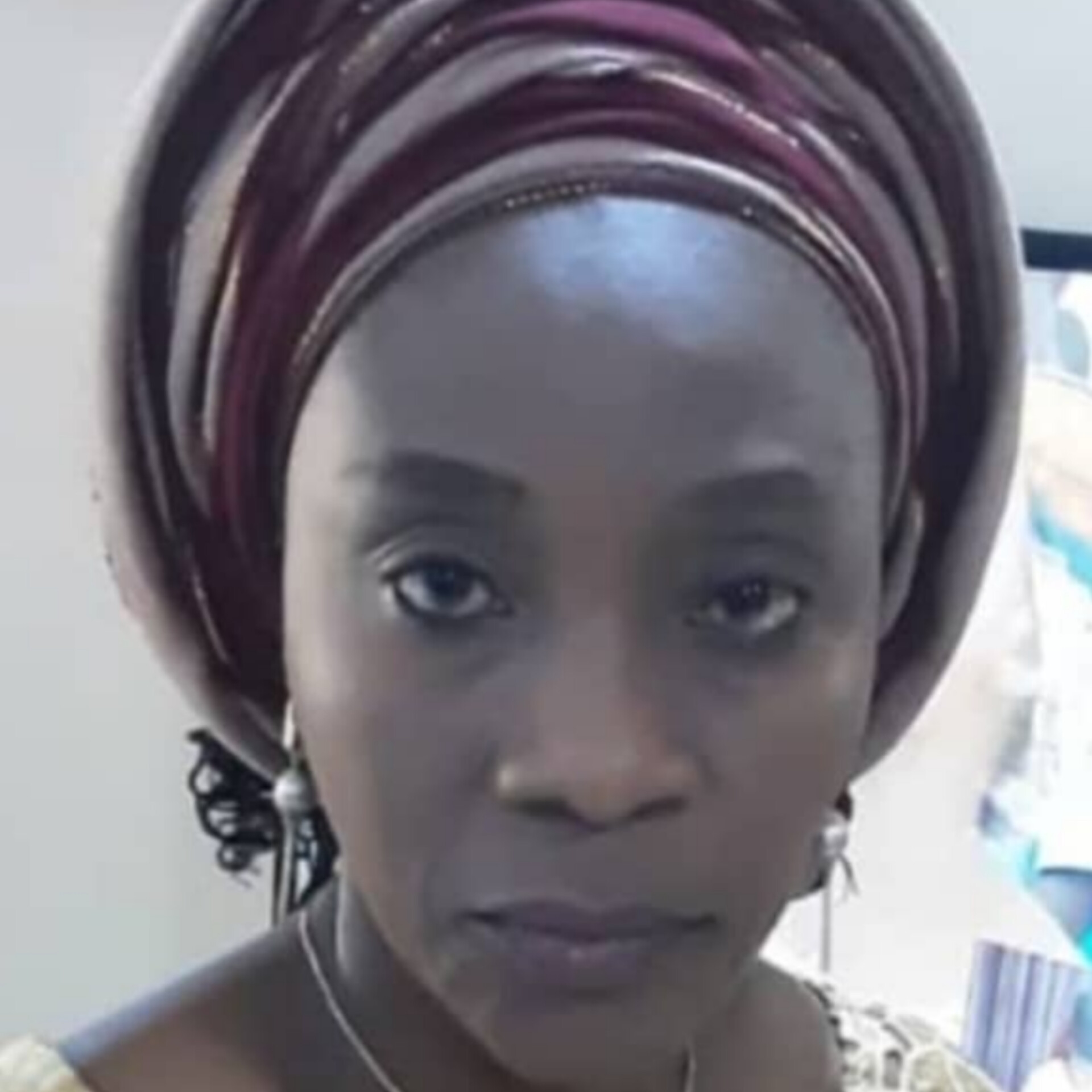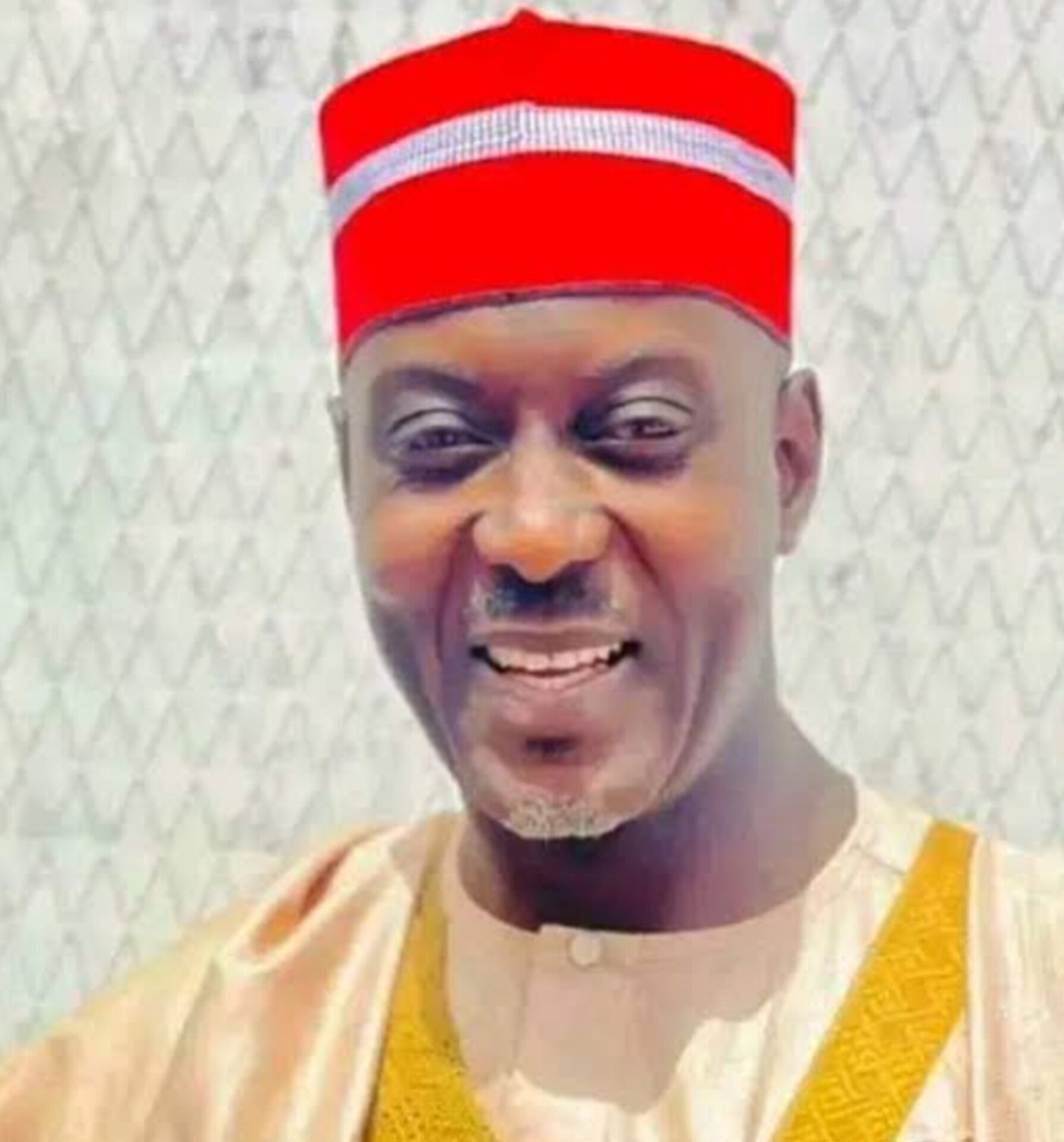By Tunde Olusunle
End-year’s harmattan dust, dryness and haze seem to be evolving into harvest-time for the people of Isanlu headquarters of Yagba East local government area in Okunland, Kogi State. Good news it looks, has chosen those days, weeks and months in the last quarter of the year, to turn in generously for the community. Yes, the period is not the best of times for tillers of the land, that season when earth is granite-hard, shaming the daringness of the digger, sneering at the presumptuous hoe. But pleasant tiding, prefer this time of the year to ride the air and manifest into communal happiness. This coalesces into the characteristic festivity of yuletide for the traditional and political headquarters of Yagba people. Back in December 2021 for instance, the young but very experienced attorney, Eyitayo Ayokunle Fatogun was admitted into the venerated echelons of Senior Advocates of Nigeria,(SAN). It is the kind of coveted attainment which gladdens the hearts of a people, a community from where such a professional comes.
Year 2023 was one of twin-joys. Two relatively reticent indigenes of Isanlu were variously recognised by way of professional elevation. On Monday November 27, 2023, Tinuke Watti a very senior Director in the federal bureaucracy was lifted to the position of Permanent Secretary by Nigeria’s President, Bola Tinubu. As though choreographed, Alfred Olufemi Atteh an attorney was on the same day, formally inaugurated Senior Advocate of Nigeria, (SAN). Gravitation towards urban centres which offer much more opportunities than our primordial localities can provide, has ensured that generations of kinsmen and women are barely acquainted with themselves even in “intra-country diaspora.” This is as much the same for my generation as it is for generations after mine.

While this argument holds true for Atteh, it is slightly different with Watti. Her husband, Kola and I wrote the Cambridge University-moderated Higher School Certificate, (HSC) Examination together at the erstwhile School of Basic Studies, (SBS), at the Kwara State College of Technology, (Kwaratech), back in 1982. Classes in our time were not the Dugbe market type they are today where there could be as many as 500 students in one class! Hostels, cafeteria or lecture auditoriums in our season, were unmistakable converging points. Watti and I went our ways to different universities in our quests for further education. We sought job opportunities in various institutions and locations, before being reunited in the same church in Abuja, decades after.
The selection process for Permanent Secretaries in the federal civil service is a rigorous, maybe tedious as well. Former President Olusegun Obasanjo introduced reforms aimed at identifying and filtering the best of bureaucrats to drive the engine of state policy and administration. That template has been tinctured in parts by successive governments, though. Under the leadership of the incumbent Head of the Civil Service of the Federation, (HCSF), Folashade Yemi-Esan, candidates shortlisted for consideration take a written examination for starters. There is also an information and communications technology, (ICT) proficiency test. The three-stage interrogation is capped with an oral interview. The old order where unqualified candidates could profit from contrived assessments and sneak in by way of high scores in “Annual Performance Evaluation Reports,” (APER), has been largely set aside. The new system seeks to identify deservedly and genuinely competent candidates, as much as humanly possible.
The process which produced Tinuke Watti as Permanent Secretary began with a total of 85 applicant directors. This number was whittled down at various stages of the selection process first to 20 candidates, then 18, and finally eight. Watti made the cut which settled for less than 10 percent of applicants. Others who survived the trimming scalpel of the rigorous process are: Ndakayo Aishetu-Gogo; Adeoye Adeleye Ayodeji; Rimi Nura Abba; Bako Deborah Odoh; Omachi Raymond Omenka; Ahmed Dunona Umar and Ella Nicholas Agbo. Such has become the Biblical “passage through the eye of the needle” which ascension to the topmost office in the bureaucratic pyramid has come to be. Watti was in January 2024, deployed to the Federal Ministry of Sports Ðevelopment. There she will be collaborating with the Minister, John Owan Enoh in the pursuit and actualization of the administration’s vision for that sector. She is indeed in Cote D’Ivoire as we speak backing the nation’s senior football team, the Super Eagles which is doing exploits at the ongoing African Cup of Nations Football tournament, (AFCON).
Tinuke Watti joined the Federal Civil Service as Personnel Officer II in October 1990. Her appointment was confirmed exactly two years after her engagement on October 17, 1992. She has had very rich experience crisscrossing several critical ministries and offices. She spent the initial 12 years of her career in the Federal Ministry of Finance, rising to the position of principal administrative officer. She was in the Office of the Permanent Secretary in-charge of Political Affairs in the Office of the Secretary to the Government of the Federation, (OSGF), between 2002 and 2003. She was to spend the next five years in the Federal Ministry of Transport, becoming Chief Administrative Officer in 2008. For two years between 2009 and 2011, she was in the Procurement Unit of the Federal Ministry of Education where she became an Assistant Director.
From 2011 to 2013, Watti was in the Office of the Director overseeing the Office of the Permanent Secretary in the Federal Ministry of Youth Development. She was briefly in the OHCSF in 2013 to 2014, where she was elevated to the rank of Deputy Director. She was transferred back to the Federal Ministry of Finance between 2014 and 2017 as Deputy Director, General Services Department. She was thereafter redeployed to the Ministry of Defence as Director, General Services from 2019 to 2021. Her next stop was the Ministry of Mines and Steel Development, from 2021 to 2022. She was Director of Human Resource Management in the Federal Ministry of Water Resources and Sanitation from August 2022 to November 2023, from where she was appointed Permanent Secretary.
Lady Watti was born May 7, 1965 in Lagos. She had her elementary and secondary school education in Zaria and Lagos. She thereafter proceeded to the testy School of Basic Studies, (SBS), Kwara State College of Technology, Ilorin between 1982 and 1984, and onwards to the University of Ilorin, (Unilorin). There she obtained a bachelors degree in Guidance and Counselling, (GC) in 1987. She becomes the second alumnus of Unilorin to be elevated to the position of Permanent Secretary in the Federal civil service. Olusegun Adekunle, a 1983 alumnus of the institution who also served in the General Services Office, (GSO) in the OSGF was the first. He was appointed to the position in 2017 and has since retired. Mrs Watti has determinedly built capacity by obtaining a diploma in Urban Transport from *Lund University, Sweden,* in 2008, and a masters in Public Administration (with emphasis on personnel management) from the National Open University of Nigeria, (NOUN) in 2015.
In the continuing process of professional and personal retuning, Watti has attended courses and received in-service trainings in a host of institutions at home and abroad. She was at the Administrative Staff College of Nigeria, (ASCON), Badagry; the Budget and Finance Management Programme for Budget Officers in the Federal Civil Service, Ibadan and the Federal Public Service Entrepreneurship Programme, (PSIN), Abuja. She was similarly at the National Security Seminar organised by the Defence Intelligence Agency, (DIA) in the nation’s capital and equally attended a Personnel Planning and Management Programme organised by Crown Agents, United Kingdom. Watti was also at a United States Consultation Tour for Nigerian Procurement Officers in Washington DC.
The unassuming, humble, easygoing Tinuke Watti epitomises the Yoruba concept of omoluabi, the very well groomed. Not many would have guessed before her recent elevation and “public exposure” that she was indeed a very highly placed bureaucrat. She is decidedly reticent. Outside her career engagements, she is very passionate about children and youth development. She would typically be found volunteering in church and community. She is equally enthusiastic about event planning, charity and philanthropy. When she is not absorbed by any of these, she reaches for her bookshelf, picks a book and pores through the pages in the unending regime of self-upgrade. She is happily married and blessed with children. The joy of Oba Moses Etombi, Agbana of Isanlu, knows no boundaries at a time like this. Nothing can be more gratifying than witnessing the ascent and growth of your home and hearth in your own time.
Tunde Olusunle, PhD, poet, journalist, scholar and author is a Fellow of the Association of Nigerian Authors, (ANA)



